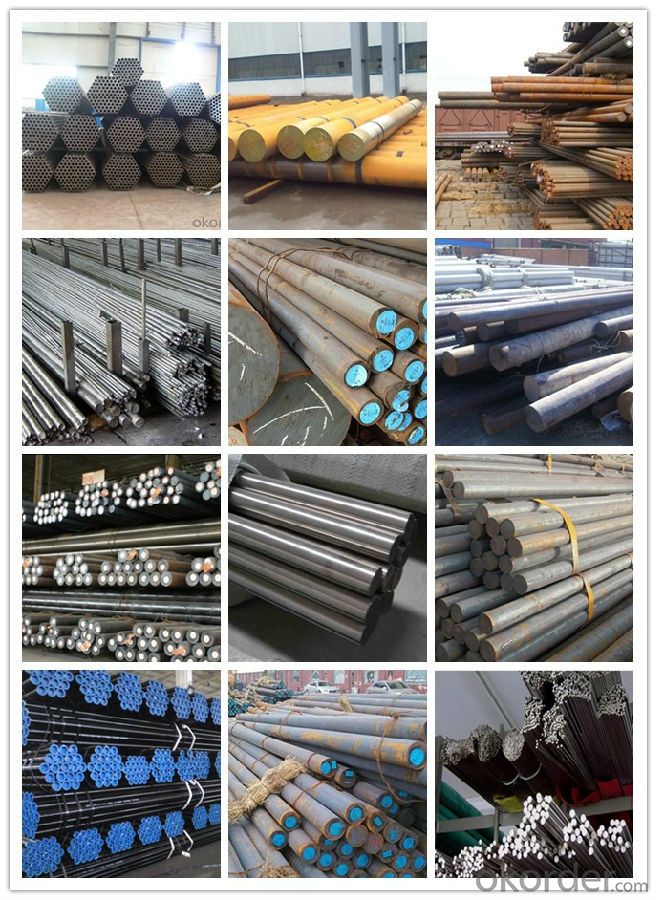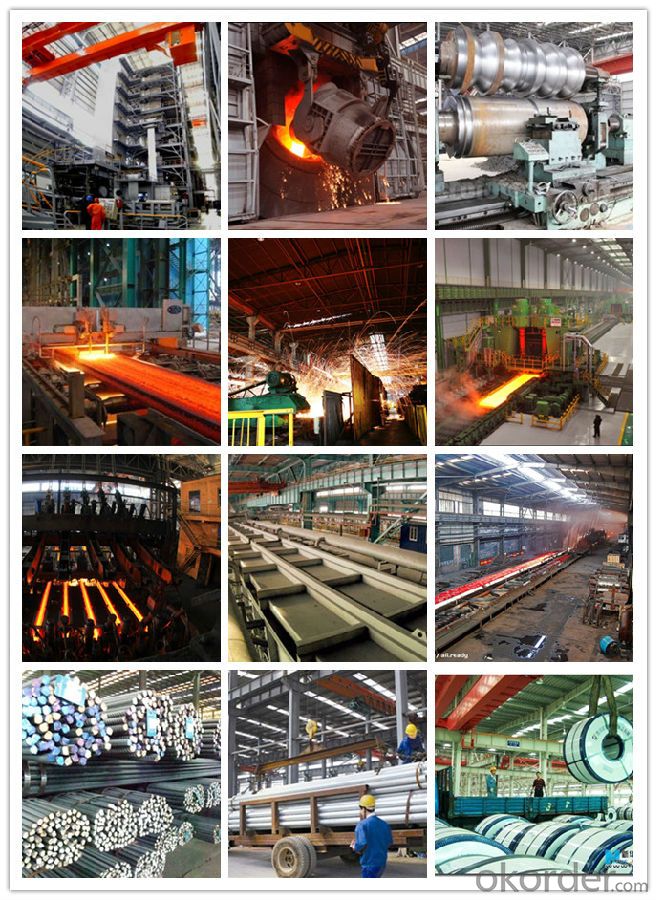Loading Port:China main port
Payment Terms:TT or LC
Min Order Qty:25 m.t.
Supply Capability:10000 m.t./month
Grade | C | Si | Mn | P | S | Cr | Mo | V |
P20 | 0.28~0.40 | 0.20~0.80 | 0.60~1.00 | ≤0.030 | ≤0.030 | 1.40~2.00 | 0.30~0.55 | --- |
1.2311 | 0.35~0.45 | 0.20~0.40 | 1.30~1.60 | ≤0.035 | ≤0.035 | 1.80~2.10 | 0.15~0.25 | --- |
3Cr2Mo | 0.28~0.40 | 0.20~0.80 | 0.60~1.00 | ≤0.030 | ≤0.030 | 1.40~2.00 | 0.30~0.55 | --- |
mould steel tool steel is ideally suited for the production of plastic moulds. Typical applications include die holders, zinc die casting dies, backers, bolsters and injection moulds. The versatility of mould steel tool steel with its high tensile characteristics enables uses for a variety of other applications such as shafts, rails and wear strips
Heat slowly, allowing sufficient time for the steel to become heated through. Begin forging at 1050°C. Do not forge below 930°C reheating if necessary. After forging, cool very slowly.
Heat uniformly to 770-790°C. Soak well, cool slowly in the furnace.
When dies are heavily machined, we recommend stabilising just before finish machining in order to relieve machining strains. Heat to 460-500°C. Soak well and allow to cool in the air.
Heat the steel uniformly to 820-840°C until heated through. Quench in oil.

